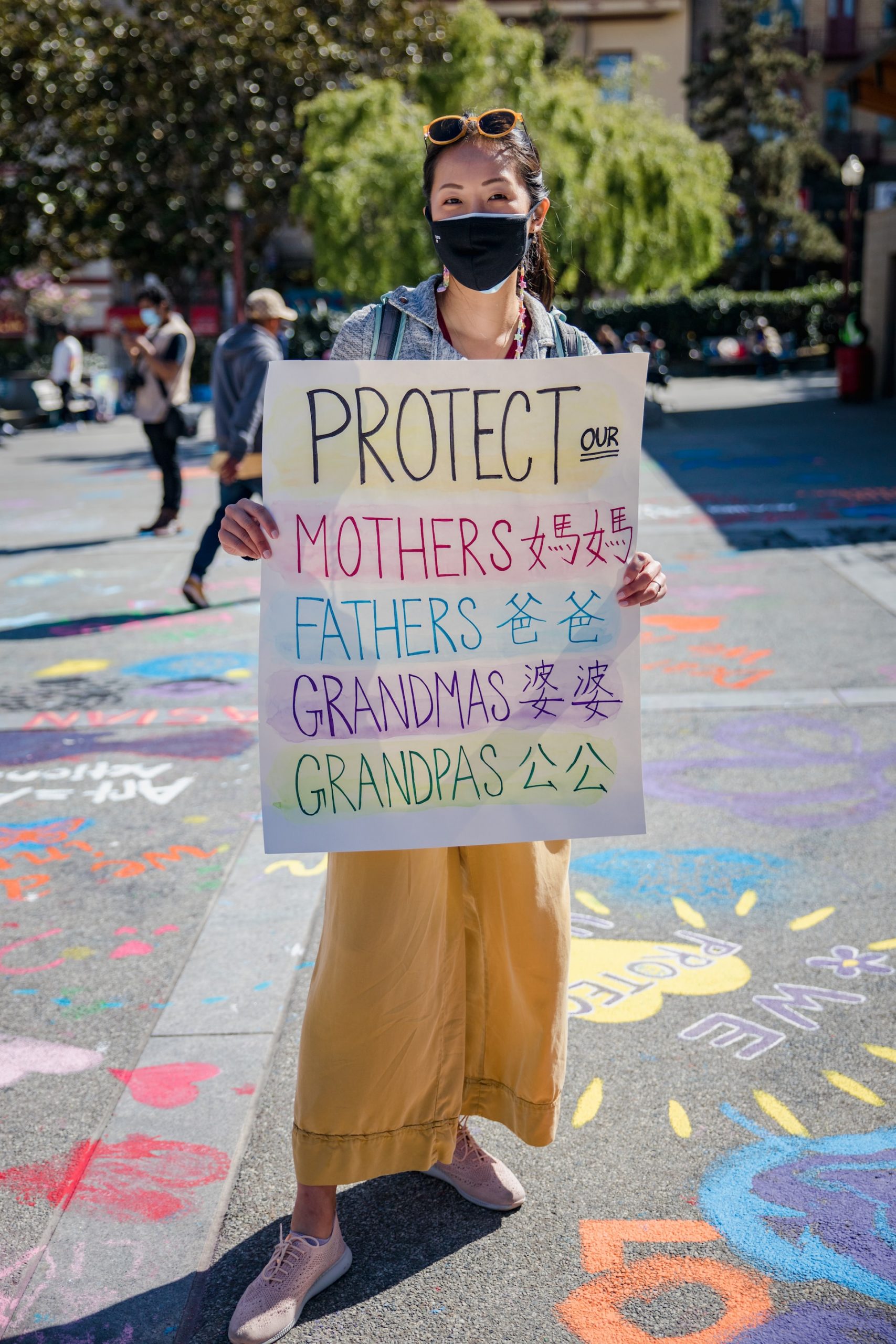By Ashley Barnes, M.S.
Why Asian American and Pacific Islander (AAPI) Heritage Month?
Asian American and Pacific Islander (AAPI) Heritage Month is celebrated in the United States during the month of May, recognizing the incredible ways that Asian Americans and Pacific Islander Americans have contributed and influenced the culture, history, and achievements of the United States.
May was chosen because of its historical significance for the AAPI community, commemorating the immigration of the first Japanese people to the United States, as well as Golden Spike Day (May 10, 1869), which marked the completion of the transcontinental railroad, largely built by Chinese laborers.
President Jimmy Carter signed Asian American Week into law in 1978, designating a week to celebrate the AAPI community. In 1990, President George H. W. Bush signed a bill that extended the week into a full month; further, it was President Barack Obama who changed the name to Asian American and Pacific Islander Heritage Month in 2009.
According to the 2020 Census, there are 24 million people in the United States who fall under the umbrella of AAPI, and according to the Pew Research Center, Asian Americans are the fastest-growing ethnic group in America.
As readers may be aware, the AAPI community was subject to a rise in hate crimes with the progression of the COVID-19 pandemic. “The most effective response to harmful rhetoric and attacks against the AAPI community is for our government and industry to collaborate in promoting a diverse, inclusive environment that is reflected in the policies we implement, our workforces, and our communities at large. We must also understand the power of our actions and words in creating a safe, diverse, and inclusive community” (Wong, 2021).
Ways to celebrate.
Beyond awareness, it is important to actively honor and support the AAPI community. One way to celebrate the AAPI community is by visiting an AAPI museum in your community to learn about the contributions and local impact they have made.
Another way to celebrate is watching documentaries on Asian American history. One such documentary is Asian Americans by PBS, a five-episode series.
Reading work by AAPI authors is incredibly important and supportive of the community. The following are just some examples of great works by AAPI authors:
- Hawaii’s Story by Queen Lili’uokalani — a novel
- Crying in H Mart by Michelle Zauner — a memoir
- Minor Feelings by Cathy Park Hong — a collection of essays
- Pachinko by Min Jin Lee — a novel
Purchasing from AAPI owned businesses guarantees that the money you are spending gets reinvested in these communities. Asian Founded is a great resource through Instagram that lists many AAPI founded and owned businesses.
Why inclusion and diversity are important to us.
Diversity and inclusion are among our core business values here at the Mental Health Center. The Mental Health Center firmly believes that these values contribute to what makes a healthcare setting and patient care truly great.
Further, diversity, equity, and inclusion (DEI) have become key indicators to identify which organizations are considered employers of choice. Our human resources strategy ensures that we prioritize DEI initiatives and policies. According to the U.S. Chamber of Commerce, “Effective DEI practices start at the top, with business leaders looking within themselves as well as at each facet of their organizational structure to identify and address biases, reshape policies and implement meaningful practices.” Similar to other small business owners, we are “facilitating open and honest communication, rethinking recruitment, developing partnerships and implementing anti-bias training programs” (Forstadt, 2021).
We are proud to have doctors and staff members who are part of the AAPI community. One of our AAPI staff members, Ms. Janel Te’o, is the Chief Operating Officer at Mental Health Center: Cedars-Sinai East Tower, conducting crucial, strategic work for our practice. Janel is originally from Hawaii and is of Native Hawaiian, Sāmoan, and Chinese heritage. Janel shared that she cherishes her Polynesian heritage and applies her cultural knowledge to the business environment routinely.
Janel shared, “I attribute a lot of my operational successes and smart solutions to the modern application of native intelligence and cultural values that have helped guide me through the rough waters of the COVID-19 Pandemic. Some of these cultural values include aloha (love), lōkahi (unity), ‘oluʻolu (being agreeable), haʻahaʻa (humility), and mālama (care for) ourselves, our family, our communities, and our environment.”
We are honored to celebrate our very own staff members who are part of the AAPI community, not only in May, but everyday.
Seeking care.
Receiving care from mental health professionals who are knowledgeable about BIPOC concerns and who are culturally competent makes for a positive, inclusive treatment experience.
Often, patients seek care from psychiatrists or therapists who share similar aspects of their identity with them such as race and ethnicity. Mental health professionals often share their specializations, experience, and important aspects of their identity on company websites, social media, and on platforms such as Psychology Today. At the Mental Health Center, we cherish our diverse staff and physicians.
If you are seeking help, please contact us to see one of our culturally sensitive psychiatrists today.
Resource
- Asian Pacific Heritage – pays tribute to generations of Asian and Pacific Islanders who have enriched America’s history; provides educational and cultural resources.
References
Budiman, A., & Ruiz, N. G. (2021). Asian Americans are the fastest-growing racial or ethnic group in the U.S. Pew Research Center. Retrieved May 5, 2023, from https://www.pewresearch.org/short-reads/2021/04/09/asian-americans-are-the-fastest-growing-racial-or-ethnic-group-in-the-u-s/
Forstadt, A. (2021). Six Small Business Owners on Diversity, equity and inclusion. US Chamber of Commerce. Retrieved June 1, 2022, from https://www.uschamber.com/co/good-company/growth-studio/small-business-owners-discuss-diversity-equity-inclusion
Wong, Michaela (2021). TechWonk blog – A reflection on AAPI Heritage Month and how to promote diversity, equity, and inclusion for AAPI community members202. Retrieved June 1, 2022, from https://www.itic.org/news-events/techwonk-blog/a-reflection-on-aapi-heritage-month-and-how-to-promote-diversity-equity-and-inclusion-for-aapi-community-members

